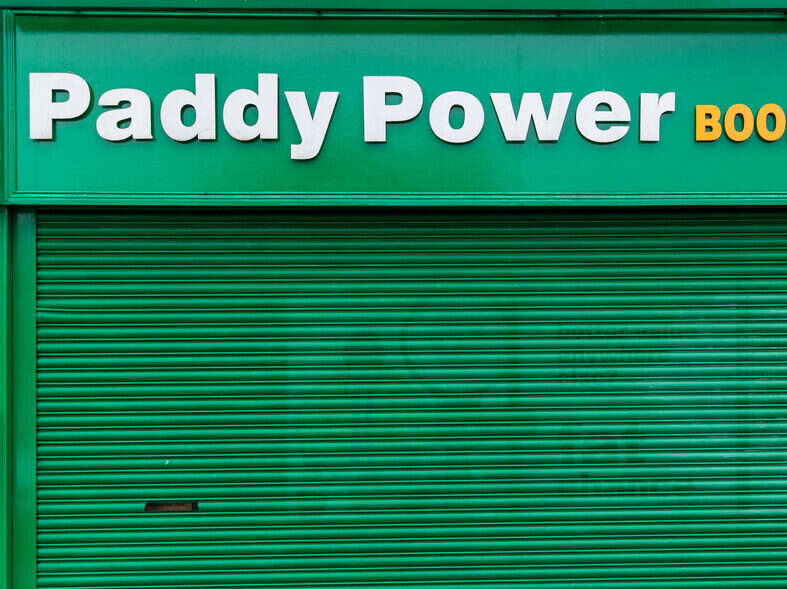
The Guardian has banned gambling adverts on all its platforms with immediate effect.
Guardian Media Group (GMG) chief executive Anna Bateson explained on The Guardian website that the decision was spurred by research, a shift in public attitudes and The Guardian’s own reporting.
Bateson wrote: “Studies highlight a clear correlation between exposure to gambling advertising and increased intentions to engage in regular gambling… Ultimately, we believe that our primary obligation is to do the right thing for our readers, which is why we’ve decided that there are other ways to generate revenue.”
The Guardian’s chief advertising officer Imogen Fox told Press Gazette that globally, gambling advertisements “make up less than 1% of our revenues”, although she added it was “hard to quantify and it has changed over time”.
A Guardian spokesperson subsequently informed Press Gazette that The Guardian’s global ad revenues from gambling in recent years have ranged between £250,000 and £500,000.
In its most recent financial statements GMG declared annual revenue of £255.8m. Those statements also revealed the first cash surplus The Guardian had reported in a generation and its highest revenue in a decade.
Fox said most of The Guardian’s gambling advertising had been programmatically served, rather than direct-bought, so the ban does not end any pre-existing advertiser partnerships.
Gambling companies are regular partners for British newspapers and their websites, some of which run gambling projects of their own.
Profit in principles?
In 2020 GMG announced it would no longer accept ads from fossil fuel companies. Fox told Press Gazette The Guardian was “lucky in that we are independently owned and we are able to balance profit and principles, really… It’s something that we can do because of our unique structure”.
The Guardian is owned by The Scott Trust, which manages an approximately £1bn endowment established to safeguard the paper’s independence. The Guardian and its sister paper The Observer have in recent years pioneered a successful strategy whereby they do not deploy online paywalls, instead asking readers for their voluntary financial support.
Fox said the decision to ban fossil fuel adverts had led to an influx of donations. “It was a really welcomed decision by our readers. They could see that we’re making a principled stand, it’s the right thing to do, and we’re always really open with our readers. You know – it’s not like we hide that, we tell them that we don’t accept fossil fuel extractors’ [money]…
“Our sports coverage, now, is a place where you can read world class journalism, any sport in the world, without being interrupted by pervasive gambling ads.”
In her statement, Bateson noted that a UK government white paper had found “loss of revenue from gambling adverts could impair public service broadcasters’ ability to meet their obligations”.
Asked by Press Gazette whether that indicated The Guardian thought the UK’s public service broadcasters should follow it in banning gambling ads, Fox said: “Look, that’s up to them, isn’t it? I’d be interested, actually, whether you will be ringing other media outlets with this story and asking them that.”
Public service broadcasters Channel 4, ITV and Channel 5 – who had already been approached prior to the interview with Fox – did not return requests for comment.
[Read more: Guardian journalist barred from gambling industry event given pass after Press Gazette investigates]
Email pged@pressgazette.co.uk to point out mistakes, provide story tips or send in a letter for publication on our "Letters Page" blog
